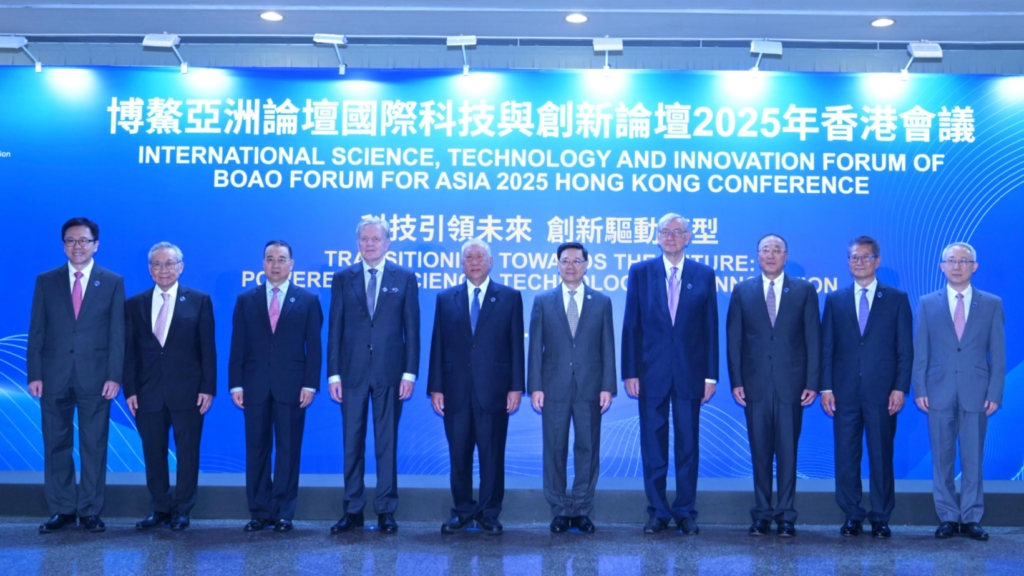Despite all the hype around President Trump’s visit to the Middle East, the AI deals haven’t played out as expected, as there is a deadlock on the supply of chips to the region.
US Administration Fears a Tech Transfer To China Through Gulf States With “Billion-Dollar” AI Deals
NVIDIA has evolved from being initially limited to Big Tech to now catering to demand coming from countries. This is the company’s broader strategy to promote building AI infrastructure across nations, opening up a new revenue frontier. The idea actually started with President Trump’s visit to the Middle East, which brought in NVIDIA “billions of dollars’ worth of contracts with state-backed firms like G42. It was perceived that the deals would act as a great alternative to Team Green’s dwindling business in China, but a new report by Reuters reveals that the US administration is still hesitant to supply chips to Gulf states.
US officials are still determining whether giving access to NVIDIA’s high-end chips to states like the UAE or Saudi Arabia poses a risk of an “indirect” technology transfer to China, given that there have been instances in the past where this has happened, especially with Team Green’s Hopper AI accelerators. The Trump administration is still determining whether it sees the Middle East as a reliable partner, considering that the region has also deepened cooperation with China. Hence, the risk of a technology transfer increases even further.
NVIDIA’s Stargate UAE project will feature up to 100,000 chips, around the GB300 Blackwell AI clusters. Gulf states like Saudi Arabia have announced several other initiatives, notably with HUMAIN AI. Given all the “oil money” these nations have, pouring in billions into AI infrastructure won’t be much of a problem for them, but given that they are entirely reliant on US tech, the current administration needs to prioritize national security. For now, there’s no clear timeline for when a deal could be finalized.
The US might impose multiple restrictions, including no use of Chinese tech on AI campuses, and even a complete cut-off from using China’s AI talent. However, it is safe to say that the AI deals are in pretty early stages, and given that the Gulf states don’t comply with US conditions, they could very well fall off.








